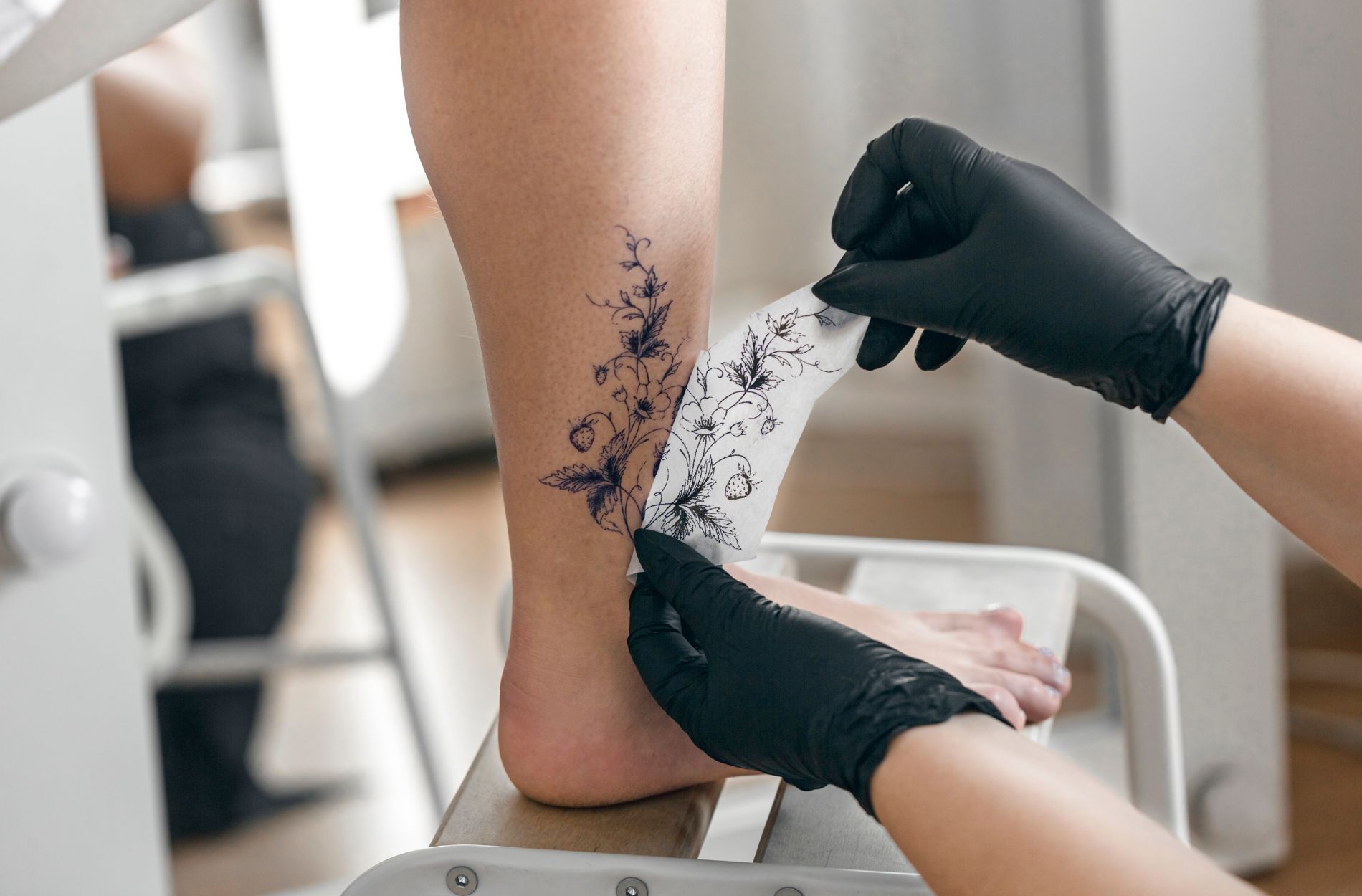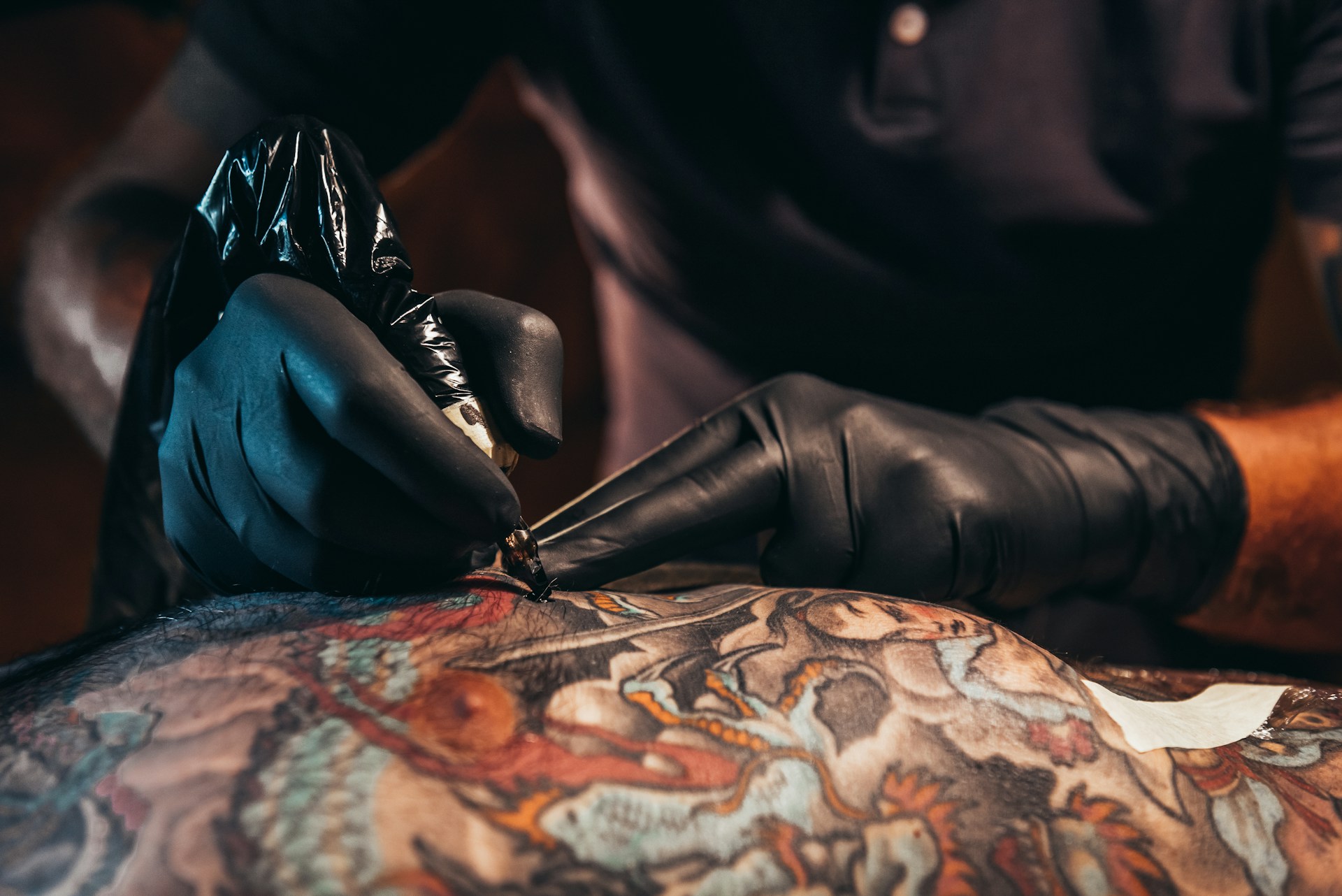Everyone knows that tattoos involve needles and some pain. They involve a tattoo artist injecting ink into the dermis to create permanent marks. However, what most people don’t know is that this may cause certain complications in people with diabetes.
How Can Diabetes Affect Tattoos?
People with diabetes, regardless of the type, are more susceptible to infections. Since tattooing is essentially a form of wounding, infections can impede recovery. People with high blood sugar levels also heal more slowly. Tattooing larger pieces or on more sensitive parts of the body can also cause stress, which can, in turn, cause blood sugar and insulin levels to become unstable.
Certain areas of the body may also be unsuitable places for a tattoo, depending on the extent of their condition.
Persons with diabetes may also experience allergic reactions due to an unstable immune system. Keloid scarring is also a potential risk; you may get that large piece on your skin only to have it warped by scarring.
You may also be more prone to blood-borne diseases like HIV or hepatitis if you choose an irresponsible tattoo artist. That is why it is important to choose only the best tattoo shops—ones that put health and safety above all.
What Can People with Diabetes Do?
Luckily, persons with diabetes do not necessarily have to give up their dreams of having tattoos. They can address these concerns by ensuring that their blood sugar levels are in check before and during the procedure.
Test your blood sugar on the day you plan to get your tattoo. If your hemoglobin A1C levels exceed 7 percent, postpone your session until you find a day when your levels are better.
You can also avoid the following parts of the body:
- Arms
- Feet
- Shins
- Thighs
- Ankles
- Buttocks
These areas are common insulin injection sites and have poor circulation. Fresh tattoos on these parts would take longer to heal than your average, and the longer they take to heal, the greater the likelihood of complications.
The feet, in particular, are an area of concern as they are often an indicator of the health of a person with diabetes. Covering up the skin with ink may make it difficult if the person’s condition has progressed or not.
Most Importantly: Consult a Doctor
Above all, the most important thing you should do is consult your doctor about getting a tattoo. If you do not have the go-ahead from your doctor, think about improving your condition first and reconsidering your tattoo dreams later.
You should also think twice if your current tattoo artist seems eager to bypass your doctor’s recommendations. No tattoo artist or shop worth their salt would risk a customer’s life just for a quick buck. At the end of the day, after all, anything that goes wrong with your tattoo or health can harm their reputation as an artist in the field.
Conclusion
Many people dream of tattoos, but as with all things in life, you must get one under the right circumstances—especially if you have diabetes. This means consulting with a doctor and getting their go-ahead beforehand and taking the proper precautions to ensure the tattoo heals quickly.
If you’re looking for the best tattoo shop in Buffalo, NY, look no further than Lucky Deville Tattoo Co. We are home to the finest artists in the area and adhere strictly to proper health practices to keep our customers safe. Call or visit us today to finally get that ink.



